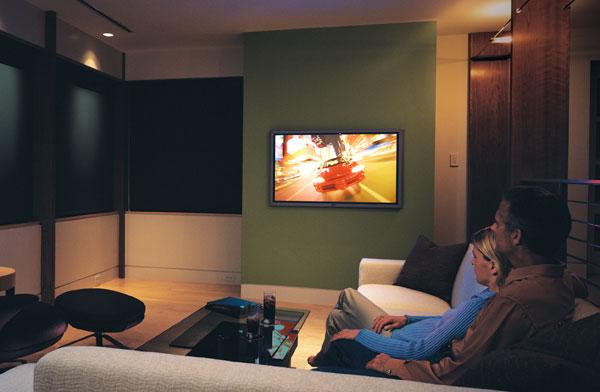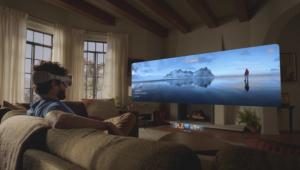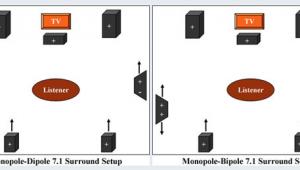- REVIEWS
Displays Electronics 
Speakers Sources 
Other Gear Software - TOP PICKS
- HOW TO
How To Buy 
How To Use 
Tech 101 - BLOGS
- NEWS
- FEATURES
- INSTALLS
Custom Installation - SUBSCRIBE
Primary tabs
How Well Can You Control Ambient Daylight In Your Home Theater?

Of course, any room can be made dark at night simply by turning off the lights. But if you watch during the day in a room with windows, sliding glass doors, skylights, or other transparent/translucent openings to the outside world, you need black-out shades or other coverings to darken the room, which might or might not be practical for one reason or another.
I'm curious to know if this is a big problem among our readers. How well can you control the ambient daylight in the room you use as a home theater? I'd also love to know how you control ambient daylight. Blackout shades? A windowless room? If you have a front projector, do you use an ambient-light-rejecting screen?
Vote to see the results and leave a comment about your choice.
| Displays Electronics Speakers | Sources Other Gear Software | Top Picks of the Year Top Picks | Custom Install How To Buy How To Use |
Tech 101
|
Latest News Features Blogs | Resources Subscriptions |
WHERE TECHNOLOGY BECOMES ENTERTAINMENT
 © 2025 Sound&Vision
© 2025 Sound&VisionAVTech Media Americas Inc., USA
All rights reserved




























































